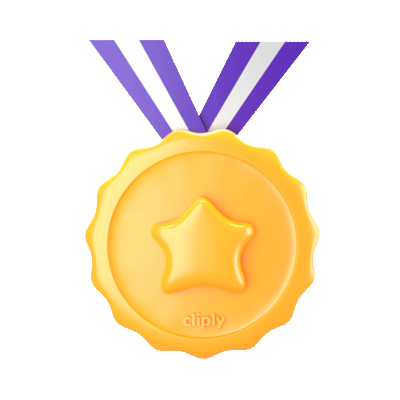About the Department
In the world of technology, human life will be incomplete without the role of Information Technology. It was inaugurated in the year 1999 with the intake of 60 and the present intake is 180. Here we empower students with the state of the art technologies to develop real time applications. We always focus on moulding the students into highly qualified techies and to come up with innovative ideas. The B.Tech. Information Technology programme has been accredited by NBA, New Delhi thrice – 2008, 2013 and in 2021 it was accredited for 6 years. The department has a dedicated team of faculty members with comprehensive knowledge in various areas. We have a consistent placement record from the inception and our major recruiters are Amazon, ZOHO, Accenture etc.
Vision
To be recognized as a Centre of Excellence for stimulating the creation and exchange of
knowledge by providing better service to enhance student progress through effective
teaching and learning process there by leading to innovation, professionalism, teaching work
and continuous improvement.
Mission
- To impart high quality technical and ethical knowledge to the students
- To cultivate globally competent and collaborative IT graduates
- To nurture research and life-long learning culture in the department
- PEO1: Graduates will apply the principles of information technology, mathematics and related engineering field to solve real-world problems appropriate to the discipline and succeed in an information system career.
- PEO2: Graduates will Contribute and communicate effectively in multi-disciplinary teams to successfully complete projects and perform services related to information system to meet customer business objectives
- PEO3: Graduates will function ethically and responsibly, and will remain informed and involved as full participants in our profession and our society.
- PEO4: Graduates will engage in life-long learning to remain current in their profession and be leaders in our technological society.
- PO1: Engineering knowledge: Apply the knowledge of mathematics, science, engineering fundamentals, and an engineering specialization to the solution of complex engineering problems.
- PO2: Problem analysis: Identify, formulate, research literature, and analyse complex engineering problems reaching substantiated conclusions using first principles of mathematics, natural sciences, and engineering sciences.
- PO3: Design/Development of Solutions: Design solutions for complex engineering problems and design system components or processes that meet the specified needs with appropriate consideration for the public health and safety, and the cultural, societal, and environmental considerations.
- PO4: Conduct investigations of complex problems: Use research-based knowledge and research methods including design of experiments, analysis and interpretation of data, and synthesis of the information to provide valid conclusions.
- PO5: Modern tool usage: Create, select, and apply appropriate techniques, resources, and modern engineering and IT tools including prediction and modeling to complex engineering activities with an understanding of the limitations.
- PO6: The engineer and society: Apply reasoning informed by the contextual knowledge to assess societal, health, safety, legal and cultural issues and the consequent responsibilities relevant to the professional engineering practice.
- PO7: Environment and sustainability: Understand the impact of the professional engineering solutions in societal and environmental contexts, and demonstrate the knowledge of, and need for sustainable development.
- PO8: Ethics: Apply ethical principles and commit to professional ethics and responsibilities and norms of the engineering practice.
- PO9: Individual and team work: Function effectively as an individual, and as a member or leader in diverse teams, and in multidisciplinary settings.
- PO10: Communication: Communicate effectively on complex engineering activities with the engineering community and with society at large, such as, being able to comprehend and write effective reports and design documentation, make effective presentations, and give and receive clear instructions.
- PO11: Project management and finance: Demonstrate knowledge and understanding of the engineering and management principles and apply these to one’s own work, as a member and leader in a team, to manage projects and in multidisciplinary environments.
- PO12:Life-long learning: Recognize the need for, and have the preparation and ability to engage in independent and life-long learning in the broadest context of technological change.
- PSO 1: An ability to incorporate IT based solutions into multi-disciplinary environment.
- PSO 2: An ability to identify user needs inclusive of selection, creation, evaluation and administration of IT based infrastructure.

